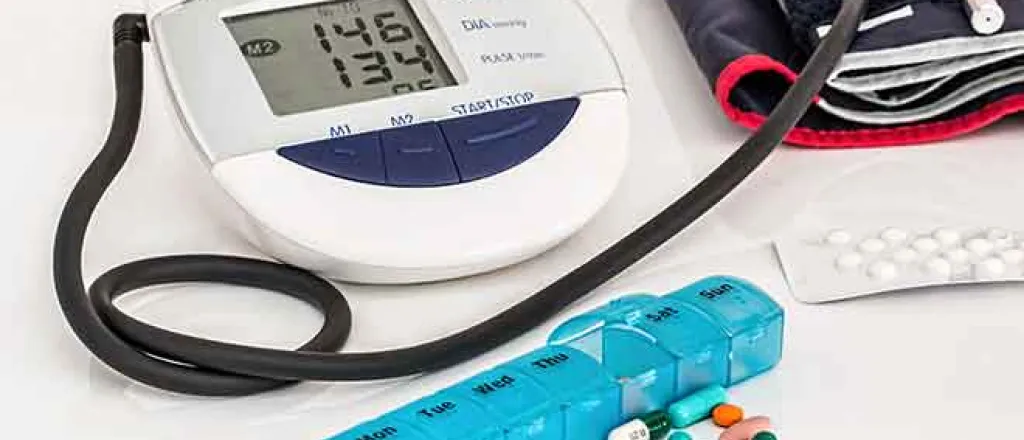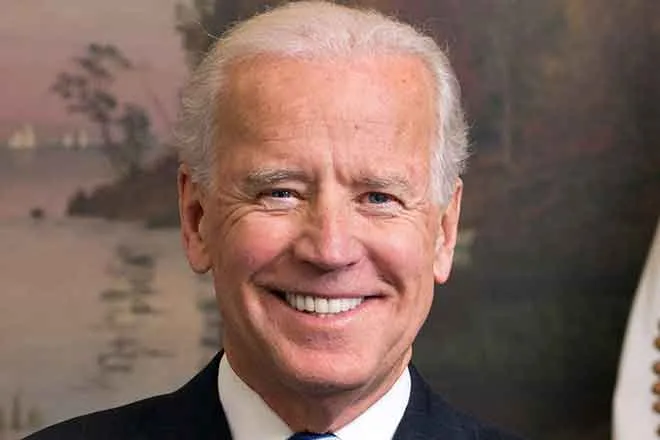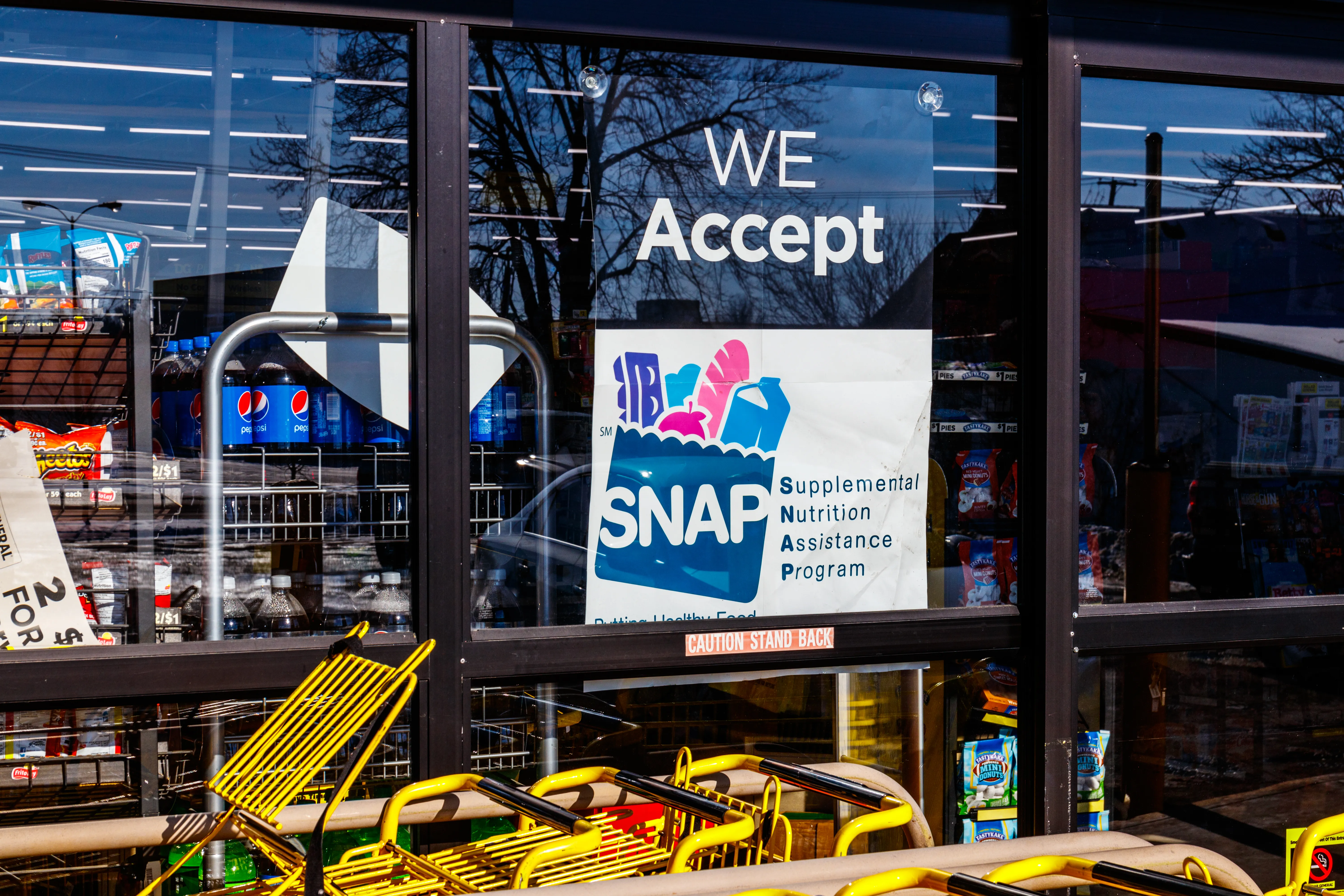
New research links pandemic with higher blood pressure
(Minnesota News Connection) High blood pressure among Americans was already a concern before the pandemic. Researchers now say the crisis has created greater risk for certain individuals.
The findings were issued today by the American Heart Association. They compare blood-pressure data of participants between April and December of last year to the same period in 2019.
In 2020, nearly 27 percent moved to a higher blood pressure category, while only 22 percent were downgraded.
Dr. Haitham Hussein, associate professor of neurology at the University of Minnesota and a board member with the American Heart Association Twin Cities, said the results show there's real concern that more people will suffer from adverse health effects.
"High blood pressure is the most common cause of heart attack, and stroke, kidney disease," said Hussein. "And it's silent. People will have high blood pressure and not know."
Researchers cited factors as the pandemic took shape - including more stress, people eating less healthy foods, consuming more alcohol, and not getting enough physical activity.
According to the study, the highest blood-pressure measures were found among women and older adults. And Hussein noted that traditionally, there are also racial disparities when it comes to hypertension.
In communities of color, factors such as social determinants of health play a role in seeing more of these cases. Hussein said the way the crisis affected some areas versus others could make the problem worse.
"And then when the pandemic hit, and the economic issues [were] more significant in ethnic and racial minorities," said Hussein, "lack of access to health care, the living situation, the job - all that hit harder."
Hussein said health leaders, public agencies and others need to join forces to ramp up prevention work so that high-risk individuals aren't trying to correct hypertension later in life.
"These efforts are very much needed," said Hussein, "along with improving the knowledge about high blood pressure, needing to know your numbers."

















